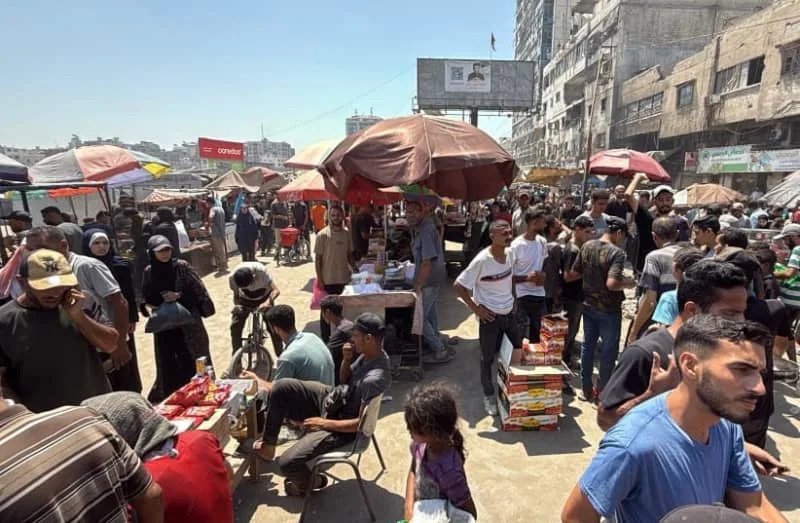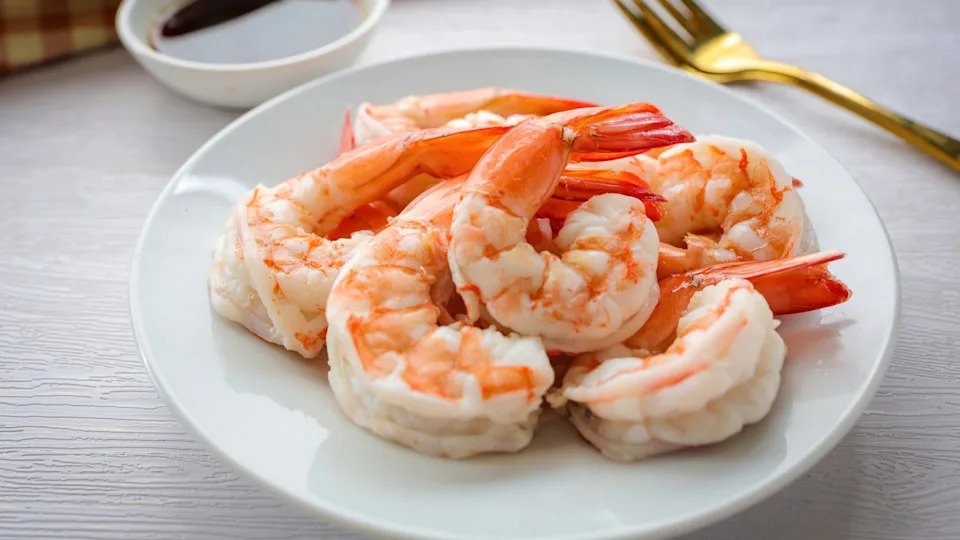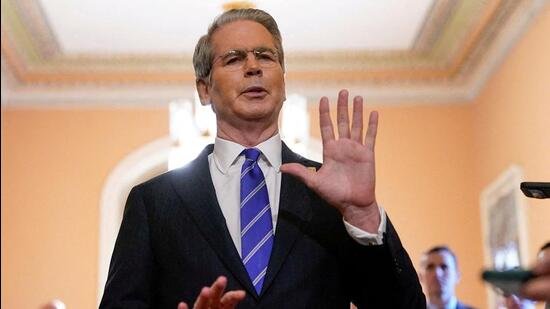On august 16th, a day after his summit with Donald Trump, Vladimir Putin summoned Russia’s grandees to the Kremlin’s Hall of the Order of St Catherine. Built in tsarist times to show off the glory of the Russian empire, the hall was the setting for Mr Putin’s account of his achievements during the visit to Alaska, a former imperial possession. He praised Mr Trump’s “sincerity” and efforts to end the war. “It moves us closer to making necessary decisions,” he said.

It was in the same hall, three and half years ago, that Mr Putin had gathered his terrified courtiers and ordered them, one after another, to make the case for the recognition of the separatist-held territories in eastern Ukraine. That bizarre televised spectacle turned out to be the signal for starting the invasion of Ukraine. His post-Alaska gathering was an indication that the war might now end—on Russia’s terms, of course. The message simultaneously reflects both exhaustion from war, and Mr Putin’s confidence of winning either through fighting or a favourable negotiation. His peace initiatives and military actions are aligned to the same goal: more power.
Read more of our recent coverage of the Ukraine war
Mr Putin’s tone was emollient: “We respect the US administration’s position which wants the hostilities to stop as soon as possible. So do we.” One person who seems to take Mr Putin’s words at face value is Mr Trump, who, over the months, has displayed an almost clinical dependence on the Kremlin’s strongman, and has recoiled every time Ukraine and its European allies have urged him to apply pressure on him.
During the follow-up summit in Washington with Volodymyr Zelensky and seven European leaders, a hot mic caught Mr Trump whispering to Emmanuel Macron, the French president: “I think he [Mr Putin] wants to make a deal for me, you understand that? As crazy as it sounds.” Mr Trump, despite earlier promises, has not imposed sanctions and no longer demands a ceasefire as a precondition for peace talks.
Mr Putin is unlikely to be bothered by the smiles, shoulder-slapping and assurances of support for Ukraine at the White House. As far as Moscow is concerned, the meeting produced little more than general talk of security guarantees—and these will only apply if Mr Putin agrees to peace. Mr Trump’s call to Mr Putin, made in the middle of his meeting with European leaders, offered him reassurance: Mr Trump will do nothing about Ukraine without consulting Russia.
Mr Putin’s own summit with Mr Trump, on the other hand, was much more of a success. Branded as a murderous criminal by Mr Trump’s predecessor, he received a red-carpet reception and applause from Mr Trump, who ended his diplomatic isolation and restored Mr Putin to the position of power-player in Europe.
“I congratulate all of us on a perfect summit. It was grand. To win everything and lose nothing—only Alexander III could do that,” Alexander Dugin, an ultra-imperialist philosopher and proponent of war, enthused, slipping in a mention of one of Mr Putin’s favourite tsars. It is still unclear what the two summiteers agreed, but Mr Putin did not really go to Alaska to negotiate, but to preen. The audience for this show, hastily arranged at Mr Putin’s request, was not just Mr Trump, but Mr Putin’s own elite and citizens.
Recent polls have shown that 70% of Russians think that their country has been successful on the battlefield. At the same time 60% now favour peace talks. Fear of defeat is long gone; but there is not much appetite for more fighting. One well-informed businessman sums up the attitude of the elite: “Nobody gives a fuck how it is going to end, as long as it does. Putin can sell anything as a victory.” At a minimum, though, Mr Putin wants this to include the recognition, by America at least, of Russia’s occupation of Crimea and the war-seized land corridor that connects it to Russia; the permanent exclusion of Ukraine from nato; and presidential elections in Ukraine. “No deal is likely while Zelensky is in power,” one Russian insider says.
Mr Putin’s new enthusiasm for diplomacy reflects his constraints. The Russian economy is heading into recession; in the first seven months of this year its budget deficit has overshot the target for the whole of 2025—unsurprising, considering a 20% increase in government spending in those seven months. At least 5% of all government spending now goes on maintaining a contract army that is mostly fighting in Ukraine, according to Re:Russia, a Vienna-based think-tank. Labour shortages mean that civilian industry is struggling.
This does not mean that Mr Putin’s position is critical—he can always impose yet more pain on the economy—but as Kirill Rogov, the head of Re:Russia, says, “this will increase risks and internal tension, which will radically change Russians’ perceptions of the costs of war.” There is also a question of military gains. For the third summer in a row, Russia has failed to break the Ukrainian front line. Despite advancing at a somewhat faster pace than before, it still controls only about a percentage point of Ukrainian territory beyond what it held at the start of 2023.
Mr Putin does not want to risk mass mobilisation, or to carry on the war for another year. The vast human and economic cost would only highlight the failure of his army to overpower Ukrainian forces. “Everybody understands that [carrying on] the war is senseless and it is time to end it,” one member of the Russian business elite says.
This does not mean, however, that Mr Putin is about to stop. As Mr Rogov says, the Russian leader is still hoping that the next two months could produce a break-through in Ukraine, which is suffering from a shortage of manpower and high rate of desertion. “He is opening the diplomatic door as a contingency, in case his offensive does not yield the desired effect,” he explains.
For Mr Putin endless negotiations are simply another part of his war plans. They keep Mr Trump on his side and help him in his broader objective of sowing dissent within the West and inside Ukraine. As one Russian blogger puts it, “the main thing to understand is that the war has not stopped. Our president will consider the [diplomatic] options, and in the meantime, the military continues its work to liberate our territories.” Mr Putin’s demand that Ukraine hand over territory in the western Donbas that he has not won on the battlefield is designed to trigger an internal political crisis in Ukraine. He knows that Mr Zelensky has pledged not to give up an inch of land, but that he may lose Mr Trump’s support if he does not acquiesce.
To achieve his strategic goal of dismantling the post-cold war security order, Mr Putin wants to unravel Ukraine politically, drive America out of Europe and undermine Europe’s support for Ukraine. He is yet to achieve any of this. But even if the active phase of the war were to come to a halt, that struggle to destroy Western unity will continue.
To stay on top of the biggest European stories, sign up to Café Europa, our weekly subscriber-only newsletter.








